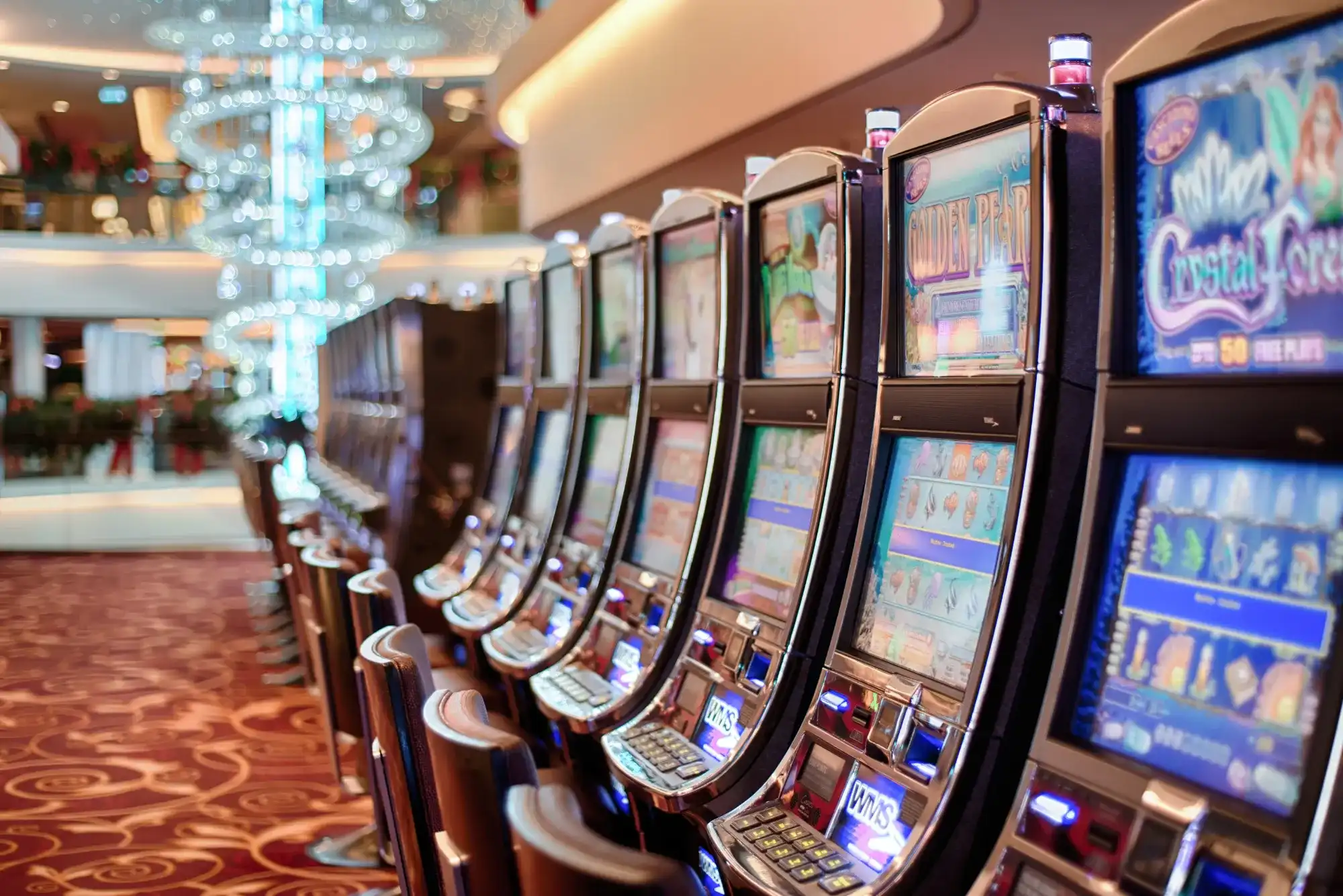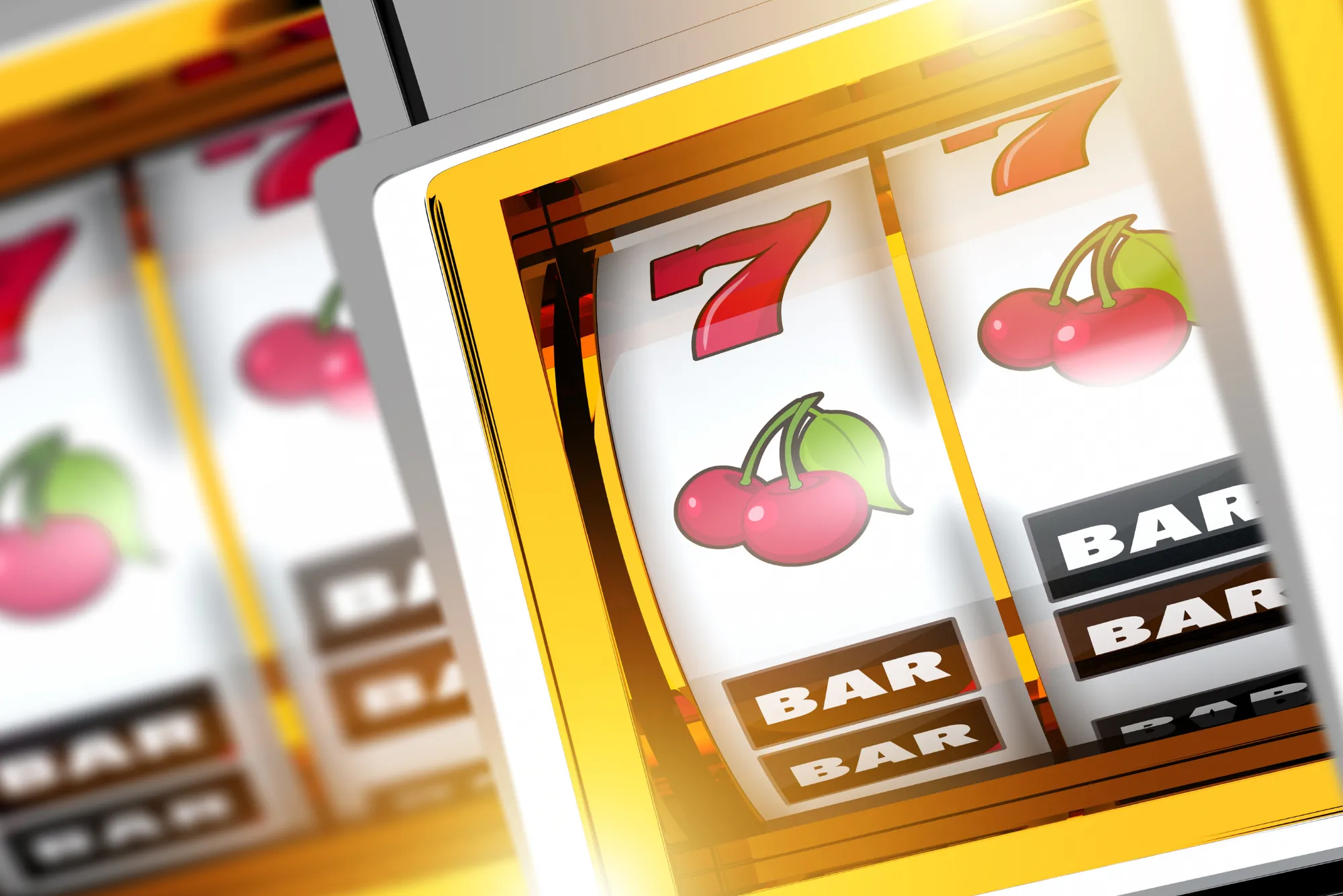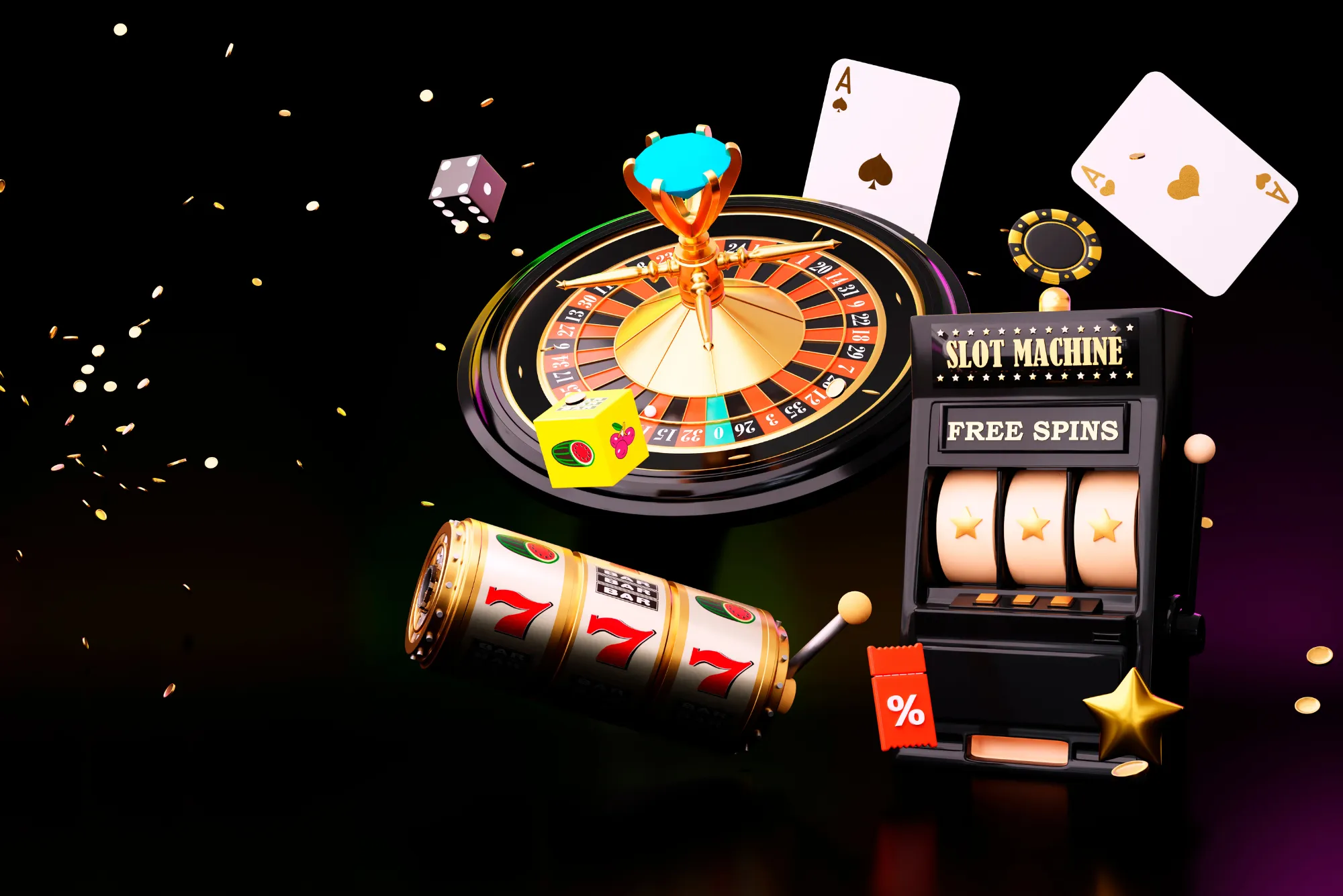If you’ve ever played an online slot game and wondered how it all started, you’re not alone. The journey of slot machines — from creaky mechanical devices in smoky casinos to today’s immersive online experiences — is nothing short of fascinating. As someone who has followed this transformation closely, both as a player and an observer, I can tell you: slot machines have come a long way, and their evolution mirrors the story of modern entertainment itself.
The Mechanical Origins
The origins of slot machines go back to the late 19th century. In 1895, Charles Fey, a San Francisco mechanic, created the Liberty Bell — widely recognized as the first true slot machine. It had three spinning reels and five symbols: horseshoes, diamonds, spades, hearts, and the Liberty Bell itself. Hitting three bells meant the highest payout: 50 cents. For its time, this was revolutionary. Players loved the instant results, simplicity, and the idea of winning something with a mere pull of a lever.
As time went on, slot machines became more sophisticated. By the 1960s, electromechanical slots allowed for more complex gameplay, with flashing lights, sounds, and even multiple paylines. These machines were staples in brick-and-mortar casinos and bars across the world. But it wasn’t until the 1990s that we saw the beginning of a true revolution: the digitization of slots.
The Birth of Online Slots
When the internet started reshaping industries in the mid-90s, gambling was no exception. The first online casinos emerged in 1996, bringing with them basic digital versions of classic slot machines. These early games were simple, both in graphics and functionality, but they opened up a world of possibilities. For the first time, players could spin reels from the comfort of their own homes.
Today, platforms like best new slot sites UK continue to push the envelope, offering cutting-edge graphics, unique mechanics, and bonus features that weren’t even imaginable in the old mechanical days. The convenience, variety, and accessibility of these sites have turned online slots into one of the most played games globally.
Evolution of Online Slot Features
Over the past two decades, online slots have become vastly more advanced. Developers like Microgaming, NetEnt, and Playtech began experimenting with new themes, animations, and game mechanics in the early 2000s. Instead of the three-reel design, most games now offered five reels, detailed backstories, and innovative features such as wilds, scatters, and free spin rounds.
Another game-changer was the introduction of progressive jackpots. With these, a portion of every player’s bet goes into a communal prize pool that keeps growing until one lucky player hits the jackpot. Games like Mega Moolah became famous for turning ordinary people into millionaires overnight.
The Role of Mobile Gaming
One of the biggest shifts in recent years has been the transition to mobile. As smartphones and tablets became mainstream, slot developers had to adapt. Games were redesigned using HTML5 technology, making them compatible with all screen sizes and operating systems. Today, a significant percentage of online slot play happens on mobile devices.
From my own experience, the freedom to spin a few reels while waiting in line or during a coffee break has added a whole new dimension to gaming. It’s entertainment on your terms, without needing to sit down at a desktop or visit a physical location.
Live Slots and Gamification
A newer trend in the online slot world is the blending of slots with live-streaming and gamification elements. Live slots, for example, involve a real-life presenter spinning reels on a screen that you can watch and bet on in real time. It brings a social element back to online gambling that many players missed.
Gamification — the integration of game-like features such as missions, achievements, and leaderboards — has also become a popular way to keep players engaged. These elements reward regular play and add layers of fun that go beyond just hitting a big win.
Regulations and Player Safety
Of course, the rise of online slots hasn’t come without scrutiny. Regulatory bodies like the UK Gambling Commission have played a critical role in ensuring that online slots are safe, fair, and responsible. Features like deposit limits, time-outs, and reality checks have become standard to help players maintain control.
It’s reassuring to know that today’s slot platforms operate under strict guidelines, with random number generators and independent audits ensuring fair play. When I first started playing online slots, there wasn’t nearly as much transparency, so this evolution has been a welcome one.
The Future of Online Slots
So where do we go from here? Virtual reality (VR) and augmented reality (AR) are already being explored by leading developers. Imagine stepping into a 3D casino, interacting with other players, and pulling the lever on a virtual slot machine that reacts just like the real thing. That’s not sci-fi anymore — it’s on the horizon.
Artificial intelligence is also playing a role. AI can tailor bonus offers, game suggestions, and even the difficulty of mini-games based on your playing style. It’s all about making the experience more personalized, engaging, and immersive.
Final Thoughts: From Liberty Bell to Virtual Reels
Reflecting on the journey of online slots, it’s clear that they’re much more than just games of chance. They’re a part of our culture, entertainment history, and digital evolution. Whether you’re a casual player or a seasoned enthusiast, there’s something magical about watching those reels spin — especially when you think about how far we’ve come.
For those just getting into the world of online slots, start with trusted platforms that offer a wide variety of games, strong security measures, and tools for responsible play. And most importantly, remember that slots are meant to be fun. The thrill of the spin, the unexpected win, and the joy of discovery — that’s what keeps us coming back




